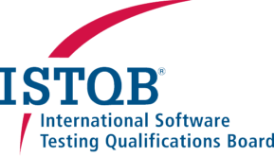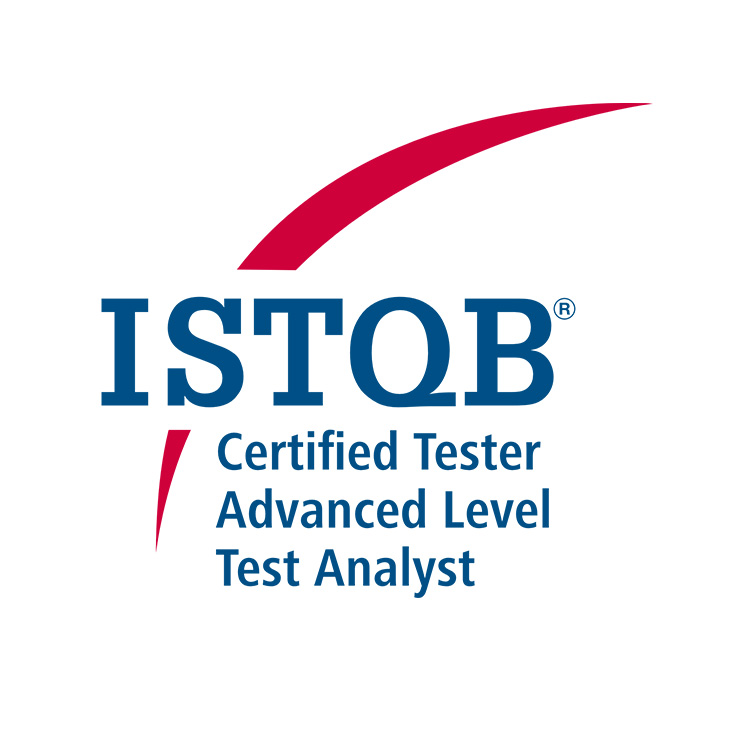Certified Tester Advanced Level Test Analyst (CTAL-TA)
Overview
The ISTQB® Advanced Level Test Analyst (CTAL-TA) certification provides the skills needed to perform structured and thorough software testing across the software development life cycle. It goes into detail about the test analyst’s role and responsibilities in every step of a standard test process and expands on important test techniques.
Audience
The Advanced Level Test Analyst certification is aimed at people who wish to further develop their expertise in test analysis and test design techniques.
To gain this certification, candidates must hold the Certified Tester Foundation Level certificate and have sufficient practical experience. Please contact an ISTQB® Member Board or Exam Provider to determine the specific practical experience criteria.
Content
ISTQB® Certified Tester Advanced Level – Test Analyst (CTAL-TA)
The Test Analyst’s Tasks in the Test Process
Introduction
Testing in the Software Development Lifecycle
Test Analysis
Test Design
Test Implementation
Test Execution
The Test Analyst’s Tasks in Risk-Based Testing
Introduction
Risk Identification
Risk Assessment
Risk Mitigation
Test Techniques
Introduction
Black-Box Test
Techniques
Experience-Based
Test Techniques
Applying the Most Appropriate Technique
Testing Software Quality
Characteristics
Introduction
Quality Characteristics for Business Domain
Testingy
Reviews
Introduction
Using Checklists in
Reviews
Test Tools and Automation
Introduction
Keyword-Driven
Testing
Types of Test Tools
Exam Structure
- No. of Questions: 40
- Passing Score: 52
- Total Points: 80
- Exam Length (mins): 120(+25% Non-Native Language)
Business Outcomes
A candidate who has achieved the Advanced Level Test Analyst certification should be able to:
- Perform the appropriate testing activities based on the software development life cycle being used
- Determine the proper prioritization of the testing activities based on the information provided by the risk analysis
- Select and apply appropriate test techniques to ensure that tests provide an adequate level of confidence, based on defined coverage criteria
- Provide the appropriate level of documentation relevant to their testing activities
- Determine the appropriate types of functional testing to be performed
- Work effectively in a usability testing team
- Effectively participate in requirements / user story reviews with stakeholders, applying knowledge of typical mistakes made in work products
- Improve the efficiency of the test process with the use of tools
More Information
Training is available from Accredited Training Providers (classroom, virtual, and e-learning). We highly recommend attending accredited training as it ensures that an ISTQB® Member Board has assessed the materials for relevance and consistency against the syllabus.
Self-study, using the syllabus and recommended reading material, is also an option when preparing for the exam.
Holders of this certification may choose to proceed to other Core, Agile, or Specialist stream certifications.


